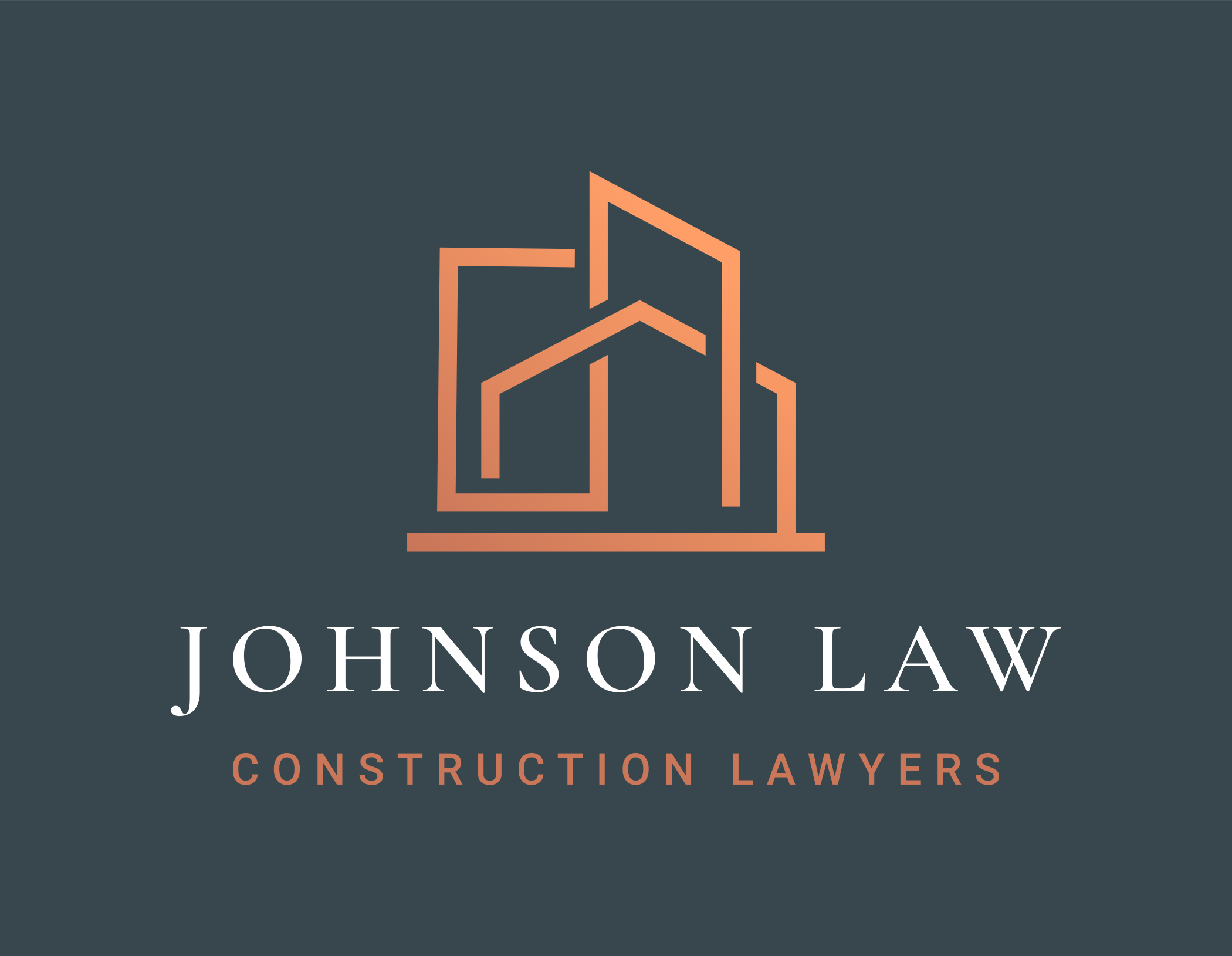Litigation Paralegal/Office Manager
We are a boutique law office focusing on construction defect law seeking a full-time paralegal/office manager for our uptown Denver office.
We might be a good fit if you are someone who:
- Is energetic and a self-starter, has great organization skills and superior customer service
- Is comfortable working independently, but also in a team
- Has time management skills to organize, multi-task, prioritize assignments and complete tasks under pressure due to workload volume and changing demands
- Has great attention to detail
- Likes being involved in the details of each case.
Responsibilities include:
- Collecting, organizing, and reviewing of documents
- Drafting court filings under attorney supervision, such as routine motions and proposed orders, disclosures, subpoenas, notices, case management orders, and pretrial orders
- Assisting with preparation and filing of court filings
- Maintaining and updating a docket of all pleading deadlines and court obligations for counsel on all cases
- Reviewing all applicable rules and practice standards to ensure compliance
- Ensuring all deadlines are calendared and met
- Proofreading and checking of final court filings and other correspondence
- Assisting with preparation for depositions and trials
- Coordinating the scheduling of court dates, depositions, mediation, and other client meetings
- Conducting initial client intakes via phone
- Orderings office supplies and various other administrative tasks
Requirements:
- Strong administrative skills and attention to detail a must
- Law firm and prior litigation experience is preferred but not required
- At least one year of customer service office experience is required
- Paralegal certificate and/or a bachelor’s degree is preferred but not required
- Our office strives to be paperless, uses Mac OS, Clio, and other cloud technology, so familiarity with technology is crucial
What we offer:
- A flexible work schedule
- A health care benefits plan
- A retirement plan with matching contributions
- A comfortable, collaborative, and friendly work environment
- A salary commensurate with your experience
We are committed to giving every client outstanding customer service, exceeding their expectations by being helpful, friendly, and having a positive attitude. If you share our commitment then we want to hear from you. Qualified candidates should respond with their resume and cover letter with salary requirements to [email protected].
